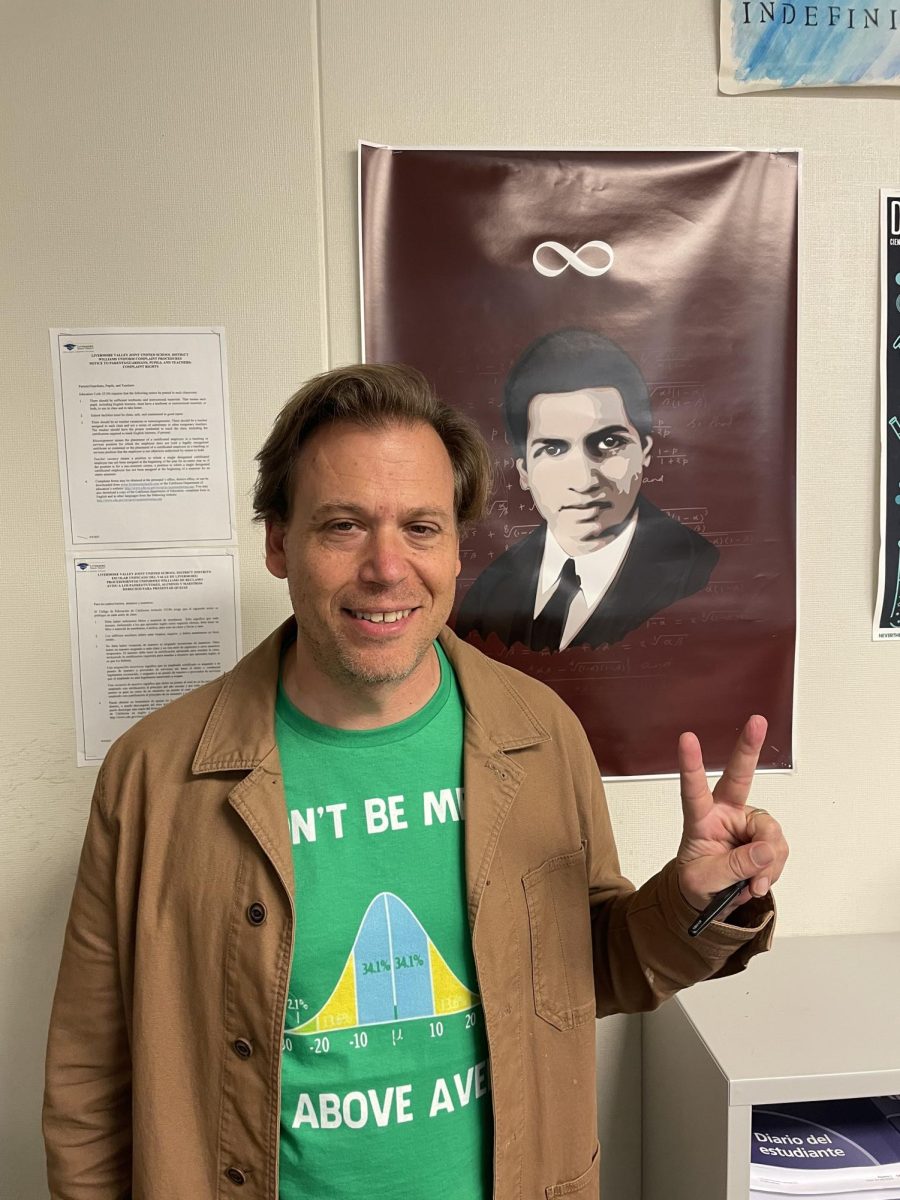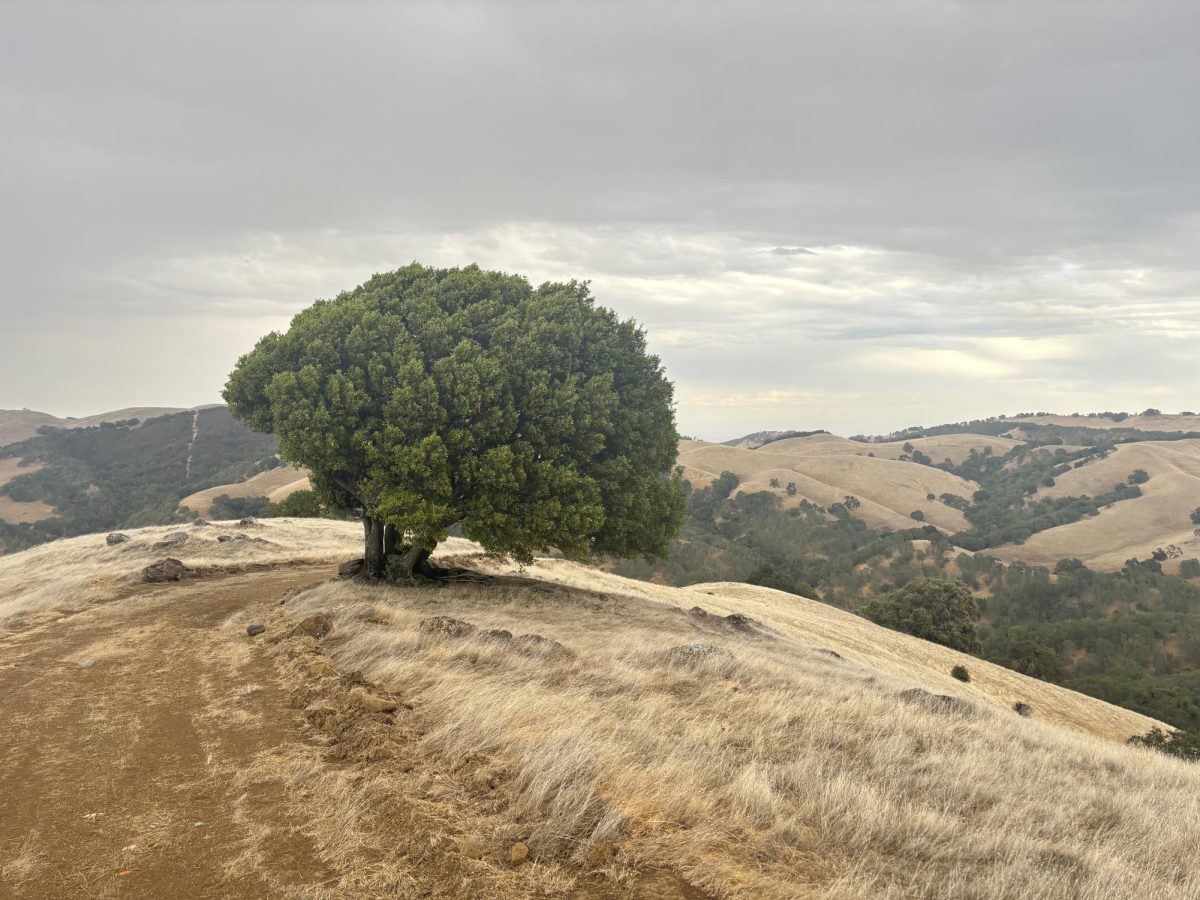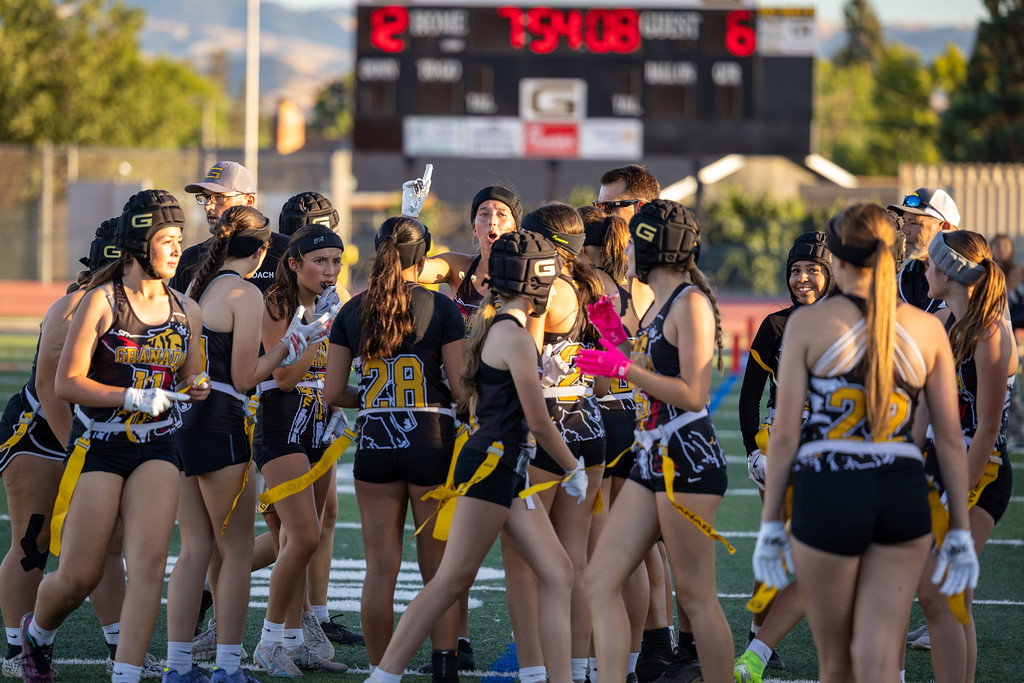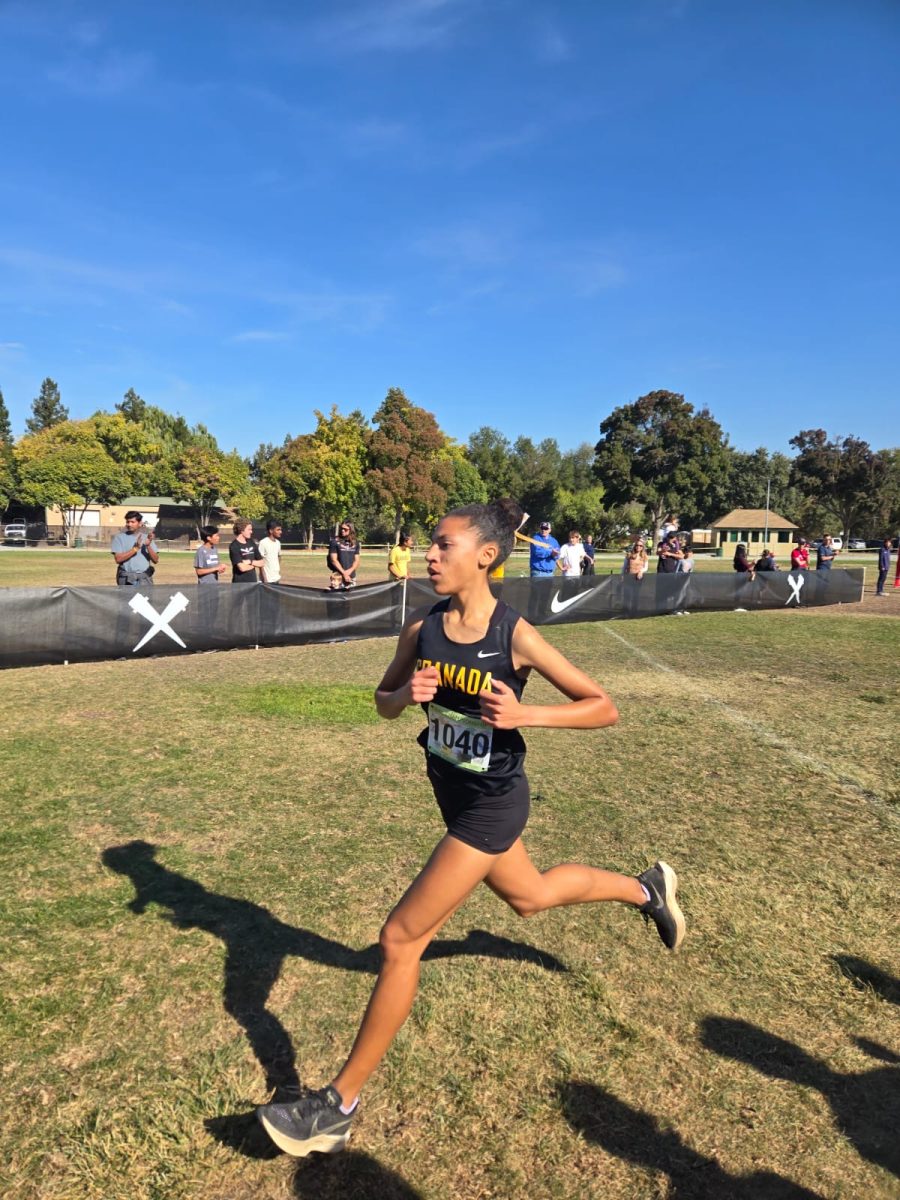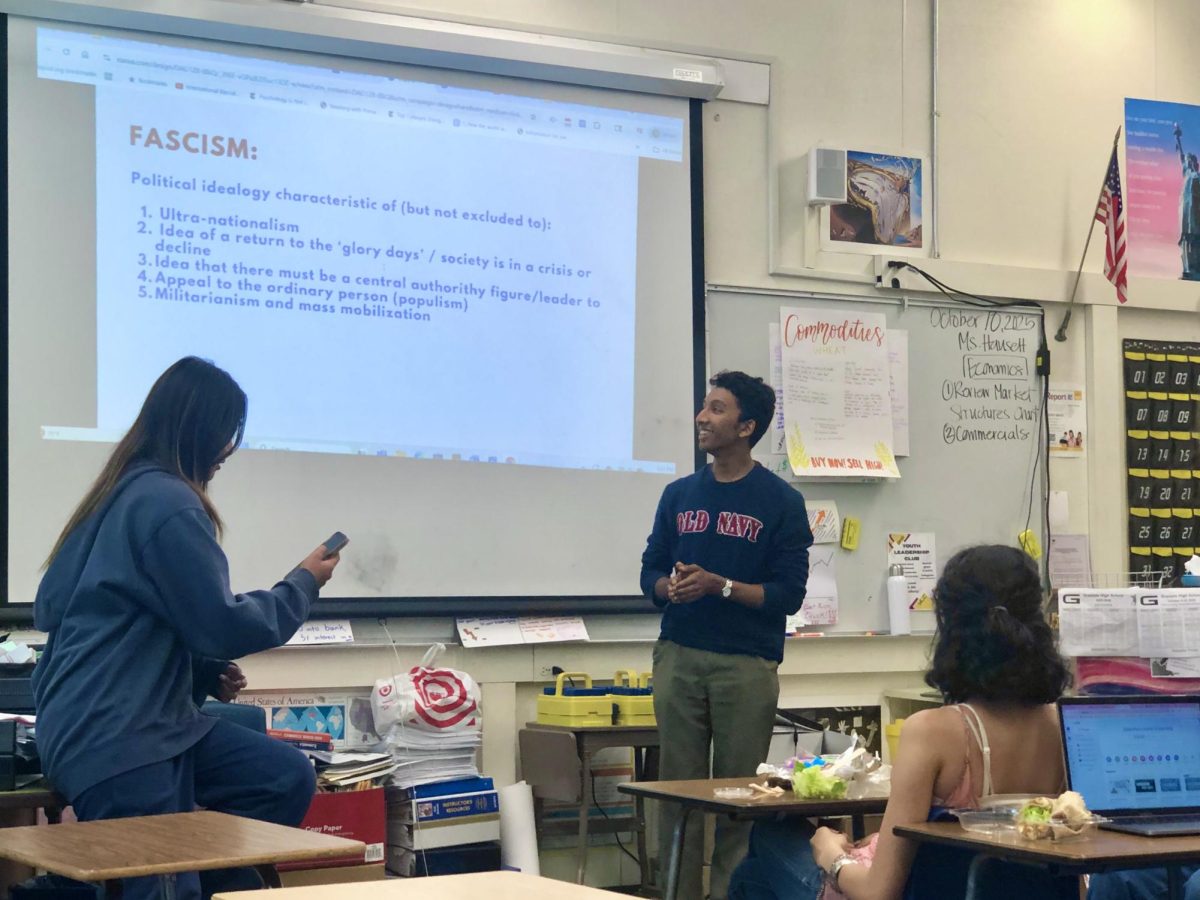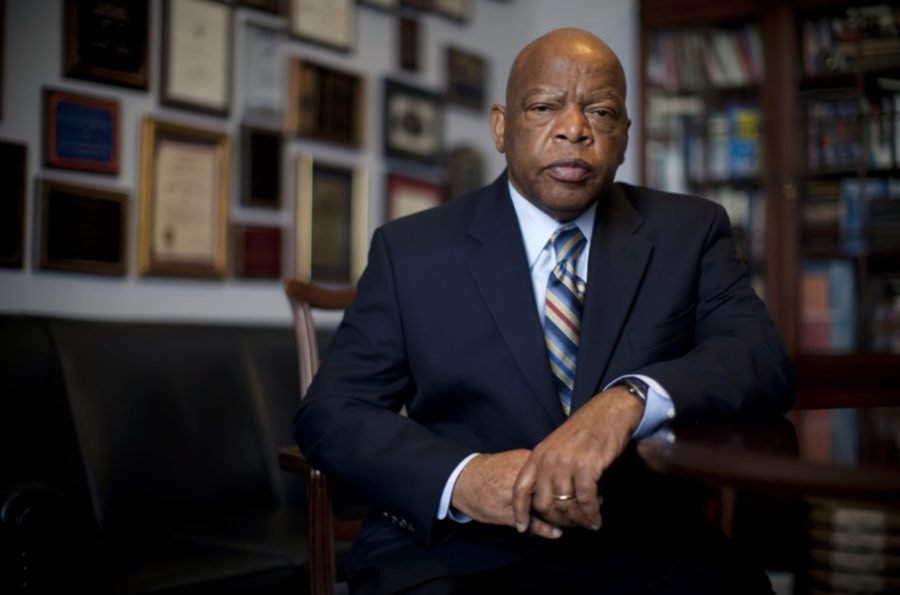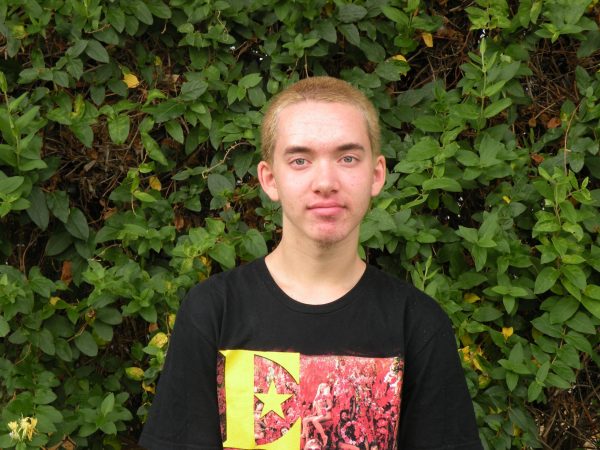Black History Month: John Lewis
February 22, 2022
One of the most prominent figures of the civil rights movement, John Lewis fought for his community for his whole life. Let’s take a look back at the Congressman’s legacy.
John Lewis was born on February 21, 1940 in Troy, Alabama to Willie Mae Carter and Eddie Lewis. Both of his parents were sharecroppers, farmers who give some of their crops to the owner of the land, so from a young age John had to take jobs to provide for his family. Even when he was young, John wanted to be part of the civil rights movement. Throughout 1955 and 1956 he would be inspired by the speeches Martin Luther King, Jr. gave on the current Montgomery bus boycott, which made him want to fight for his community.
At 17 John left Alabama and moved to Nashville, Tennessee to study at the American Baptist Theological Seminary. While living in Nashville, he would learn about nonviolent protest and would help organize many sit-ins at segregated cafes and lunch counters. John and his fellow protestors would be met with violence for their effort, often being beaten and arrested. Although these activities worried his mother, John would keep pursuing new actions as part of the civil rights movement. He would be part of the Freedom Rides of 1961 where he along with other “Freedom Riders” protested the segregated facilities that interstate bus terminals had in the South. Even though these facilities were deemed illegal by the Supreme Court, the protestors resulted in being arrested and beaten.
John would help create the Student Nonviolent Coordinating Committee, SNCC, and was president of the organization from 1963 to 1966. In 1964 John also helped plan the March on Washington as one of the “Big Six” leaders of the civil rights movement. He had already established himself as a serious activist and was considered one of the main leaders of the movement along with Martin Luther King, Jr., James Farmer, A. Philip Randolph, Roy Wilkins, and Whitney Young.
At the March on Washington, John was the youngest speaker at the event and during his speech declared, “We all recognize the fact that if any radical social, political, and economic changes are to take place in our society, the people, the masses, must bring them about.” In 1964, following the March on Washington, the Civil Rights Act became law. It was through the hard work of activists like John Lewis that made it possible, but that wasn’t the end of the movement.
After the Civil Rights Act was passed, it was still difficult for African Americans to vote in the South. To combat this, John along with Hosea Williams orchestrated a march from Selma to Montgomery, Alabama, in March of 1965 to bring attention to the issue. After crossing the Edmund Pettus Bridge in Selma, the marchers were attacked by waiting state troopers. John would be harshly beaten, even suffering a fractured skull. The violent attack was recorded and would be spread throughout the country, bringing attention to the issue. “Bloody Sunday” as it would be called would help pass the 1965 Voting Rights Act.
John officially left SNCC in 1966 but would go on to help give voting rights to minorities. In 1970 he became the director of the Voter Education Project and through his work at VEP he helped register millions of voters. After many years of activism, John ran for office in 1981 and won a seat on the Atlanta City Council. That would pave the way for him to be elected to the House of Representatives in 1986, where he represented Georgia’s 5th District.
John Lewis did many great things while part of Congress. He fought poverty, made improvements in education, and called for healthcare reform. He would oversee many renewals of the Voting Rights Act, ensuring the rights of many minorities. One of his most recent protests occurred in 2016 after a mass shooting in Orlando, Florida. John also organized a sit-in of about 40 House Democrats to make Congress address gun violence. Outside of his work in Congress, he would help younger generations by creating a series of graphic novels, March, to educate younger audiences about the civil rights movement.
Through his many years of hard work, John Lewis has been awarded many honors including the Presidential Medal of Freedom, NAACP’s Spingarn Medal, and the only John F. Kennedy “Profile in Courage Award” for Lifetime Achievement. In December of 2019, John announced that he had been diagnosed with pancreatic cancer but would continue his work as a Congressman. Sadly, he passed away on July 17, 2020.
John Lewis was a heroic man who helped the civil rights movement in many ways. To end with some of his inspiring words, “Never give up. Never give in. Never become hostile… Hate is too big a burden to bear.”

